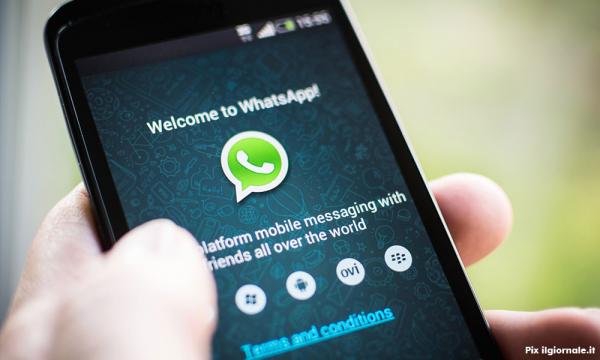The Digital News Report 2017 found that Malaysians are the world's largest users of WhatsApp, at 51 percent.
The report also found that Facebook and YouTube are also popular with Malaysians, with 58 percent and 26 percent users respectively, and WeChat and Instagram, with 13 percent.
Communications and Multimedia Minister Salleh Said Keruak said the report also mentioned Malaysians as getting 86 percent of their news from social media, 45 percent from publications, 54 percent from television, and 15 percent from radio.
"Smartphones are used as the main device, at 65 percent, computers (45 percent) and tablets (18 percent)," he said in his latest posting on his blog.
According to Salleh, a study conducted by another organisation, TNS Global, also found that Malaysians were the largest group of WhatsApp users, at 77 percent, and Facebook Messenger, at 41 percent.
He attributed the findings to Malaysia’s good internet facilities and penetration.
WhatsApp was the main choice for consumers, he added, because of its many advantages such as simplicity and speed in communication and information sharing, and effective interfaces within an organisation, as every instruction or alert can be sent without time restriction, and saves cost.
He said WhatsApp also helped ordinary businessmen to promote their endeavours without spending a lot of money, and was widely used as an effective political campaign tool.
"Just imagine a WhatsApp group with 200 members. If someone has 10 WhatsApp groups, in a short time he can share information with 2,000 people," he said.
However, Salleh noted that WhatsApp did have its disadvantages, of which the most glaring was when it was used to disseminate false information to tarnish a person’s image.
"I support freedom of information, but don’t use WhatsApp to undermine the credibility of others with false news. WhatsApp has a huge impact on society. Its power is like a sharp knife that can injure,” he said.
- Bernama


